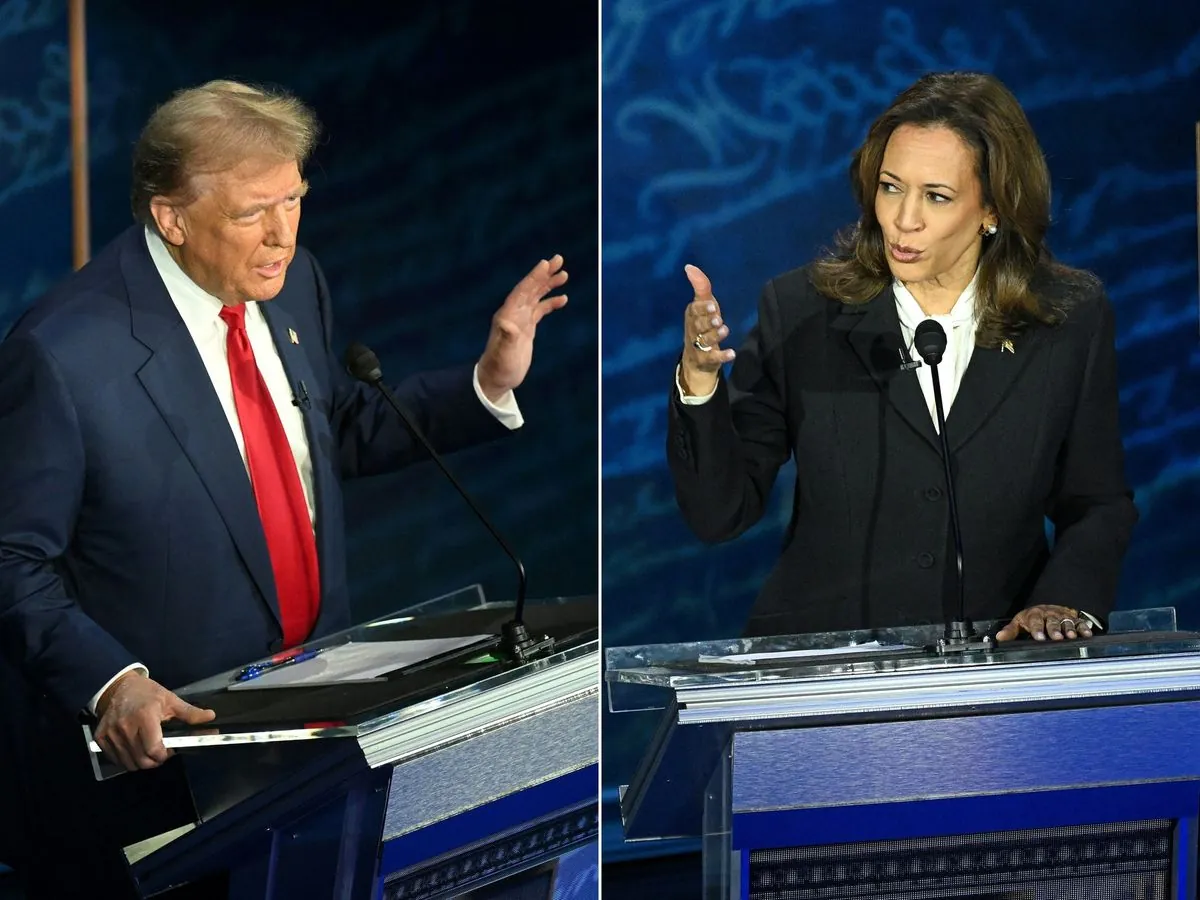Vice-Presidential Candidates Clash on Family Policies Ahead of Debate
JD Vance and Tim Walz present contrasting approaches to family-centric issues as the vice-presidential debate nears. Their divergent views on child tax credits, paid leave, and child care costs take center stage.

As the vice-presidential debate approaches, JD Vance (R-Ohio) and Tim Walz (D-Minnesota) are set to present their contrasting visions for family-oriented policies. Both candidates, being fathers themselves, have made family issues a cornerstone of their campaigns, reflecting a growing focus on these concerns in American politics.
The United States stands out among developed nations for its lack of comprehensive family support policies. It is the only OECD country without a national paid family leave policy and one of just six countries globally without mandated paid maternity leave. This backdrop sets the stage for a crucial debate on issues that directly impact millions of American families.
Central to the discussion is the child tax credit, a policy first introduced in 1997. Both candidates support its expansion, with Walz proposing to double down on family-friendly policies he implemented as governor of Minnesota. His state-level tax credit, offering up to $1,750 per child, is currently the largest in the nation. Vance, on the other hand, has expressed interest in a $5,000 federal tax credit per child, regardless of family income.
Paid family leave is another key issue where the candidates differ. Walz has prioritized this, having signed a law in Minnesota that will provide up to 20 weeks of paid time off starting in 2026. This approach aligns with policies in countries like Sweden, which offers 480 days of paid parental leave per child. Vance's stance on paid leave has been less vocal in this campaign, despite the Republican party's previous support for such measures.

The rising cost of child care, which averages about $10,000 per year per child in the U.S., is a pressing concern for many families. Walz and his running mate Kamala Harris propose capping child-care costs at 7% of a family's income. This aligns with practices in countries like Denmark, which invests about 2% of its GDP in early childhood education and care, compared to less than 0.5% in the U.S.
Vance takes a different approach, encouraging extended family involvement in child care and proposing to remove health insurance penalties for parents who leave work to care for newborns. This stance reflects a more traditional view of family structures and child-rearing.
The debate also touches on wages for care workers, who are among the lowest-paid employees in the country with a median wage of $14.60 per hour as of 2023. Walz has advocated for raising these wages, implementing a $316 million program in Minnesota to boost pay and benefits for child-care workers. Vance suggests reducing certification requirements to lower entry barriers and costs in the child-care sector.
As the election draws near, the conversation around family policies continues to gain momentum. The upcoming debate offers an opportunity for both candidates to clarify their positions and present detailed plans to address the challenges facing American families. With childhood poverty rates having more than doubled in 2022 following the expiration of pandemic-era benefits, the stakes for effective family policies have never been higher.
"For the first time in years, we have presidential and vice-presidential candidates who are actively talking about families and their struggles — almost one-upping each other on policies like the child tax credit and paid family leave. The conversation just keeps getting bigger and more robust as we get closer to the election."
This debate marks a significant moment in American politics, as family issues take center stage in a way not seen in previous elections. The contrasting approaches of Vance and Walz reflect broader ideological differences in how to support families and children in the United States. As voters prepare to make their choice, the outcome of this debate could play a crucial role in shaping the future of family policy in America.


































